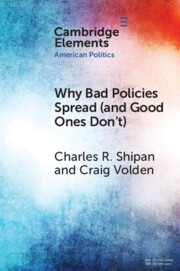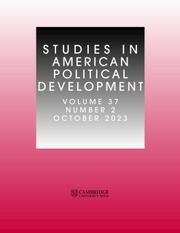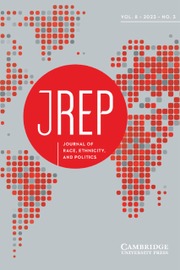Why Bad Policies Spread (and Good Ones Don't)
Building on a deep theoretical foundation and drawing on numerous examples, we examine how policies spread across the American states. We argue that for good policies to spread while bad policies are pushed aside, states must learn from one another. The three ingredients for this positive outcome are observable experiments, time to learn, and favorable incentives and expertise among policymakers. Although these ingredients are sometimes plentiful, we also note causes for concern, such as when policies are complex or incompatible with current practices, when policymakers give in to underlying political biases, or when political institutions lack the capacity for cultivating expertise. Under such conditions, states may rely on competition, imitation, and coercion, rather than learning, which can allow bad policies, rather than good ones, to spread. We conclude with lessons for reformers and policymakers and an assessment of our overall argument based on state responses to the COVID-19 pandemic.
Reviews & endorsements
'… the book will provide a good framework for thinking about policy spread that is easy to understand, emphasises key points, and includes a Venn diagram visual aid and a table listing all the various mechanisms.' Anthony Wiskich, Economic Record
Product details
September 2021Paperback
9781108958363
75 pages
228 × 152 × 5 mm
0.137kg
Available
Table of Contents
- 1. The Laboratories of Democracy
- 2. The Promise: How Good Policies Can Spread (While Bad Ones Can Be Contained)
- 3. What Could Possibly Go Wrong?
- 4. Back to the Laboratory.






